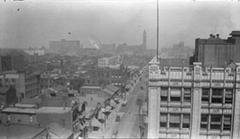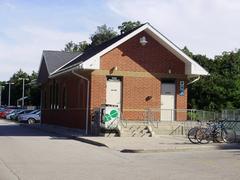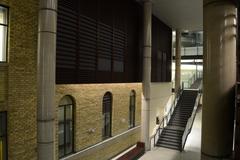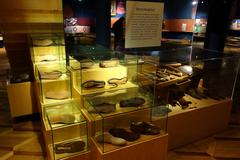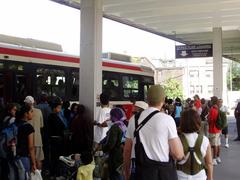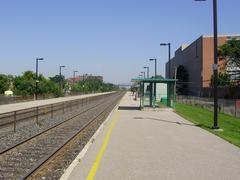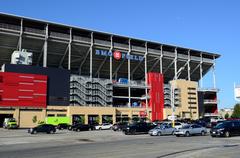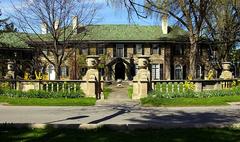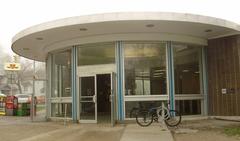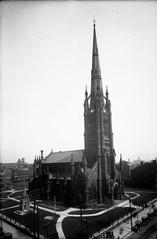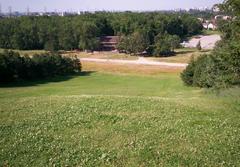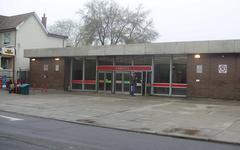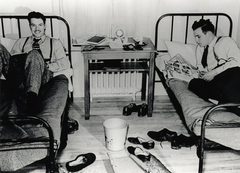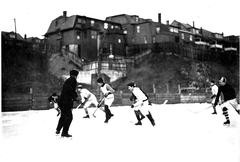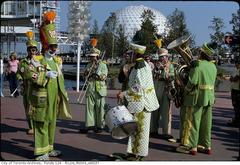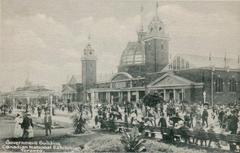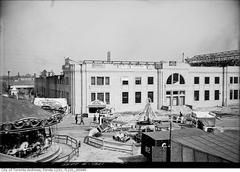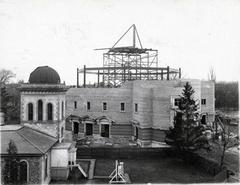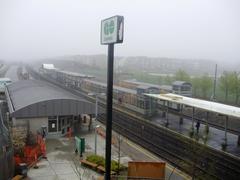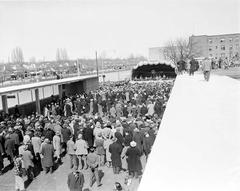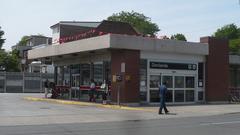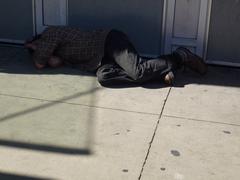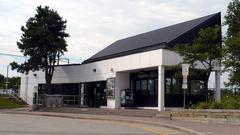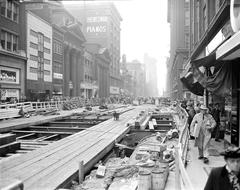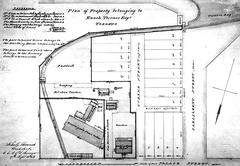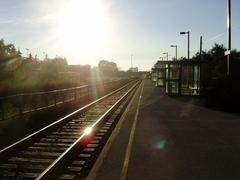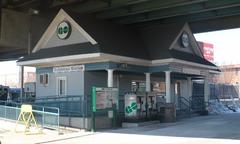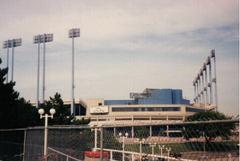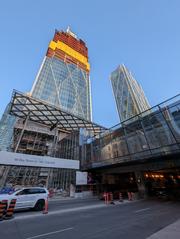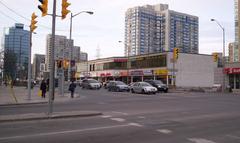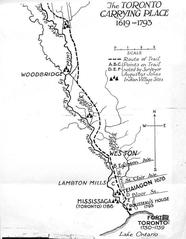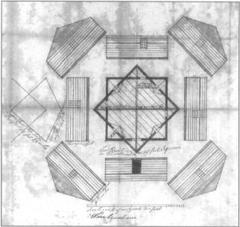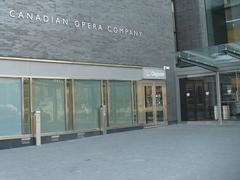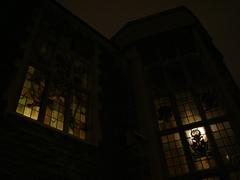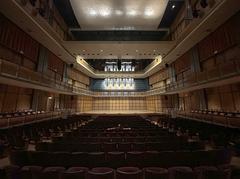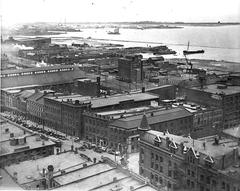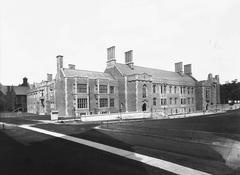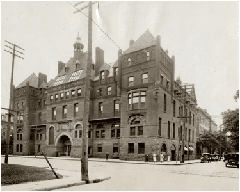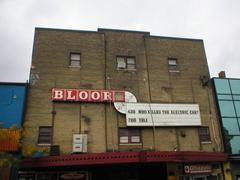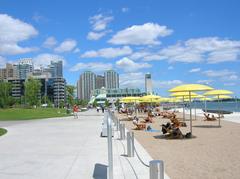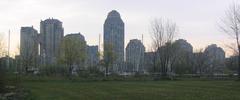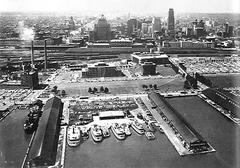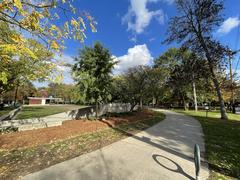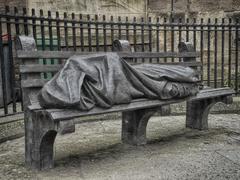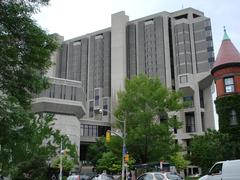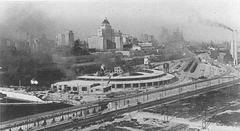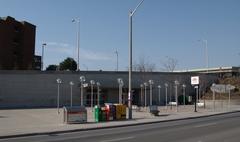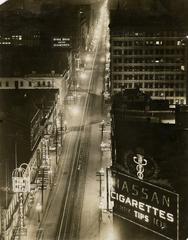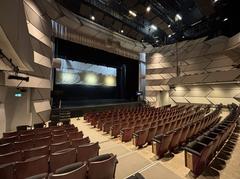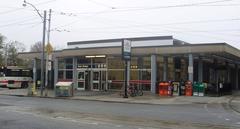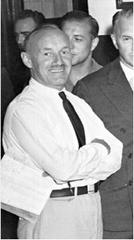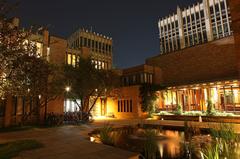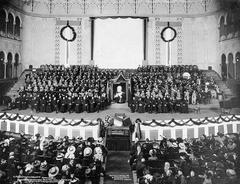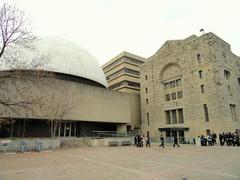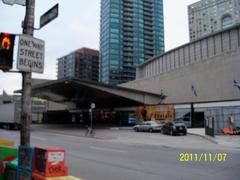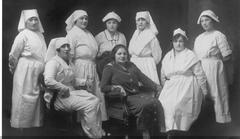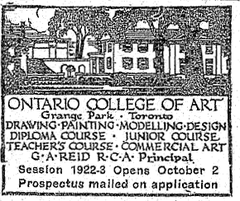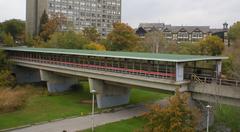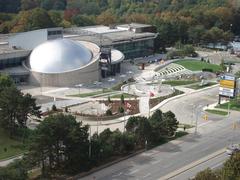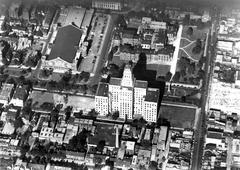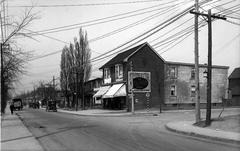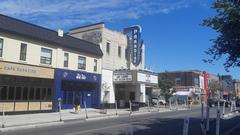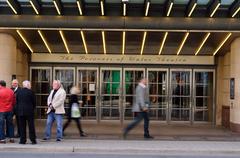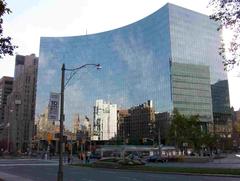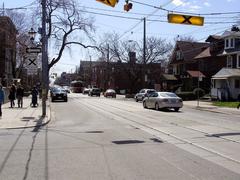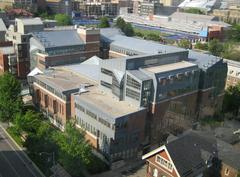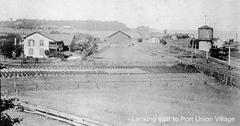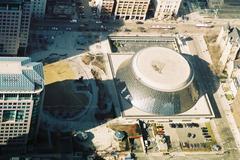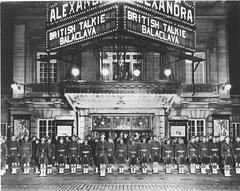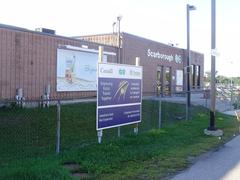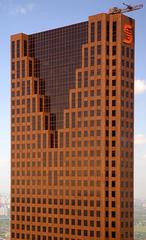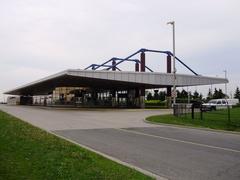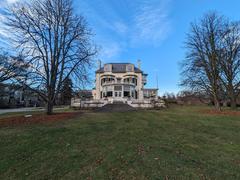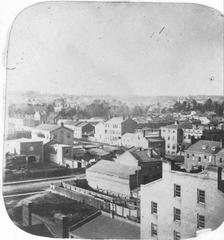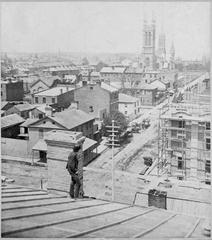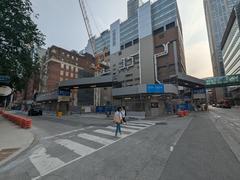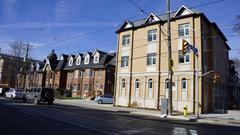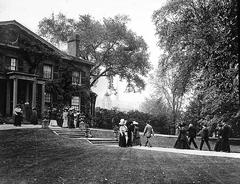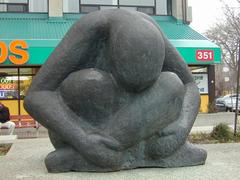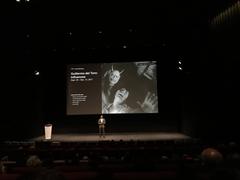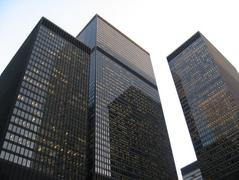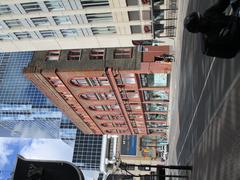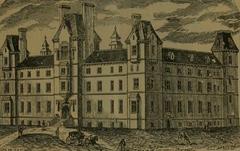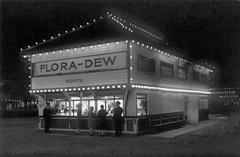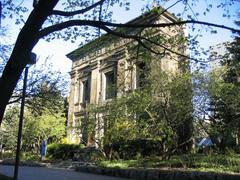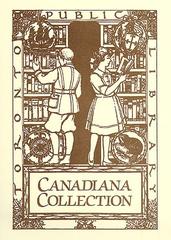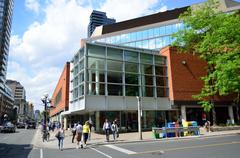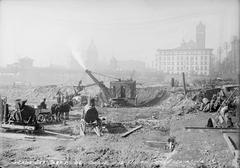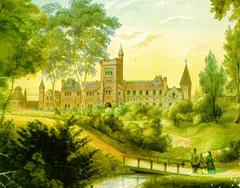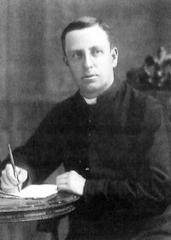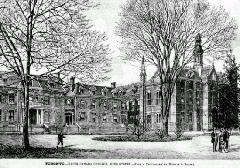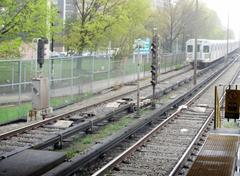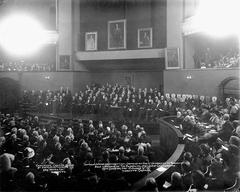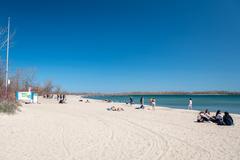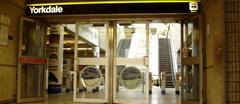Statue of Alexander Wood Toronto: Visiting Hours, Tickets, and Historical Significance
Date: 04/07/2025
Introduction
Toronto’s Church-Wellesley Village is an iconic center of LGBTQ+ history and culture, with the story of Alexander Wood deeply embedded in its evolution. Born in Scotland in 1772, Wood became a prominent merchant and magistrate in early Toronto (then York). His personal history—marked by both community leadership and a notorious scandal—has made him a complex but important figure in Canadian queer history.
A statue commemorating Wood was installed in 2005 at Church and Alexander Streets, serving as a symbol of LGBTQ+ pride and remembrance. However, the statue was removed and destroyed in 2022 after renewed examination of Wood’s connections to organizations linked to Canada’s residential school system. Despite the absence of the statue, Church-Wellesley Village remains a vibrant, accessible neighborhood filled with LGBTQ+ landmarks, guided tours, and major events like Toronto Pride.
This detailed guide covers the historical context of Alexander Wood, the evolution of the Gay Village, practical visitor information, and the ongoing dialogue surrounding public commemoration in Toronto. For more, see official resources such as the City of Toronto Official Tourism and Church Wellesley Village BIA. (Top Surgery, Toronto Star, BlogTO)
Contents
- Introduction
- The Historical Legacy of Alexander Wood
- Early Life and Arrival in Upper Canada
- The 1810 Scandal and Its Impact
- Wood’s Landholdings and the Birth of the Gay Village
- Commemoration, Controversy, and the Statue’s Removal
- Visiting Church-Wellesley Village
- Location, Accessibility, and Transit
- Site Status, Hours, and Tickets
- Guided Tours and Community Resources
- Nearby Attractions and Events
- FAQs
- Visuals and Media Suggestions
- Further Resources
- Conclusion
The Historical Legacy of Alexander Wood
Early Life and Arrival in Upper Canada
Alexander Wood emigrated from Scotland to Upper Canada in 1793, settling in York by 1797. He quickly established himself as a prosperous merchant and became a magistrate, acquiring extensive land around what is now Church and Wellesley Streets—laying the foundation for today’s Church-Wellesley Village (Top Surgery).
The 1810 Scandal and Its Impact
Wood’s reputation was rocked in 1810 when, during an investigation of a rape case, he personally inspected male suspects for incriminating injuries. This led to public rumors regarding his sexuality and accusations of sodomy, a capital offense at the time. Wood temporarily returned to Scotland but later resumed his business in York. His land was mockingly called “Molly Wood’s Bush,” with “molly” being a derogatory term for gay men (Toronto Star).
Wood’s Landholdings and the Birth of the Gay Village
After Wood’s death in 1844, his land was developed into what is now Church-Wellesley Village, Toronto’s central LGBTQ+ neighborhood. The area became a haven for LGBTQ+ people and a focal point for activism, culture, and community (Top Surgery).
Commemoration, Controversy, and the Statue’s Removal
In 2005, a bronze statue of Alexander Wood by artist Del Newbigging was installed at Church and Alexander Streets, funded by the Church Wellesley Village BIA and the City of Toronto. The statue became a symbol of LGBTQ+ pride and Toronto’s early queer history.
However, in 2021, new scrutiny emerged when it was revealed Wood served as a founding board member and treasurer of an organization linked to early mission schools—precursors to Canada’s residential schools (BlogTO). Following community consultations and calls for greater Indigenous inclusion, the statue was removed and destroyed in April 2022 (Toronto Star). This marked a significant moment of reflection on how historical figures are commemorated in the public realm.
Visiting Church-Wellesley Village
Location, Accessibility, and Transit
Church-Wellesley Village is located in downtown Toronto, centered around Church Street from Carlton to Bloor Streets. The former statue site was at Church and Alexander Streets, easily reached via Wellesley subway station (Line 1 Yonge-University), with accessible sidewalks and public transit connections (City of Toronto Accessibility).
Site Status, Hours, and Tickets
- Current Status: The Alexander Wood statue is no longer present. The intersection remains a symbolic site, sometimes marked with temporary signage.
- Visiting Hours: The area is a public space, open and accessible 24/7.
- Tickets: No admission or ticket is required to visit or explore Church-Wellesley Village.
Guided Tours and Community Resources
Several organizations offer guided walking tours that highlight LGBTQ+ history, art, and key sites within the Village. The 519 Community Centre is a leading resource for LGBTQ+ programming and visitor information.
Nearby Attractions and Events
- The 519 Community Centre: LGBTQ+ programs and resources
- Glad Day Bookshop: The world’s oldest LGBTQ+ bookstore
- Buddies in Bad Times Theatre: Innovative queer theatre
- Allan Gardens Conservatory: Victorian-era greenhouse and park
- Pride Toronto: Annual events each June, with parades, street fairs, and community gatherings
For broader exploration, consult the Toronto Tourist Information Centre.
Frequently Asked Questions (FAQs)
Q: Is the Alexander Wood statue still standing?
A: No. The statue was removed and destroyed in April 2022 following community consultation (NOW Toronto).
Q: Are tickets or specific hours required to visit the site?
A: No. The Village is a public neighborhood, open at all times, with no admission fees.
Q: Is the area accessible for people with disabilities?
A: Yes. The neighborhood meets AODA requirements, with curb cuts, wide sidewalks, and accessible transit stops.
Q: Are there LGBTQ+ resources nearby?
A: The 519 Community Centre and Glad Day Bookshop are both nearby and provide extensive LGBTQ+ resources.
Q: What’s the best time to visit?
A: Pride Month (June) is especially vibrant, but the area is active year-round.
Visuals and Media Suggestions
- Historic images: Photos of the Alexander Wood statue at Church and Alexander Streets (alt text: “Alexander Wood statue in Toronto’s Church-Wellesley Village”).
- Current images: Intersection of Church and Alexander Streets, murals, and street life.
- Nearby attractions: The 519 Community Centre, Glad Day Bookshop, Buddies in Bad Times Theatre.
- Events: Photos or video clips from Pride Toronto or neighborhood festivals.
Further Resources
- City of Toronto Official Tourism
- Church Wellesley Village BIA
- Toronto LGBTQ+ History Walks
- 519 Community Centre
- Toronto Tourist Information Centre
- CBC
- Julie Kinnear’s guide to the Village
- Wikipedia: Statue of Alexander Wood
Conclusion
Although the Alexander Wood statue no longer stands, Church-Wellesley Village remains an essential site for understanding Toronto’s LGBTQ+ history and culture. The ongoing conversation about public monuments and inclusive remembrance continues, with plans for a new, community-driven monument guided by input from Indigenous, Two-Spirit, and LGBTQ+ groups.
A visit to the Village provides opportunities to experience living history, engage with vibrant community resources, and reflect on the evolving legacy of commemoration in Toronto. For the latest on tours, events, and new monuments, consult the Church-Wellesley Village BIA and official city tourism resources.
Embrace the chance to connect with Toronto’s LGBTQ+ heritage and be part of its ongoing narrative. Download the Audiala app for guided tours and up-to-date community information.
Sources
- Top Surgery
- Toronto Star
- Julie Kinnear
- NOW Toronto
- BlogTO
- CBC
- City of Toronto Accessibility
- Wikipedia: Statue of Alexander Wood
